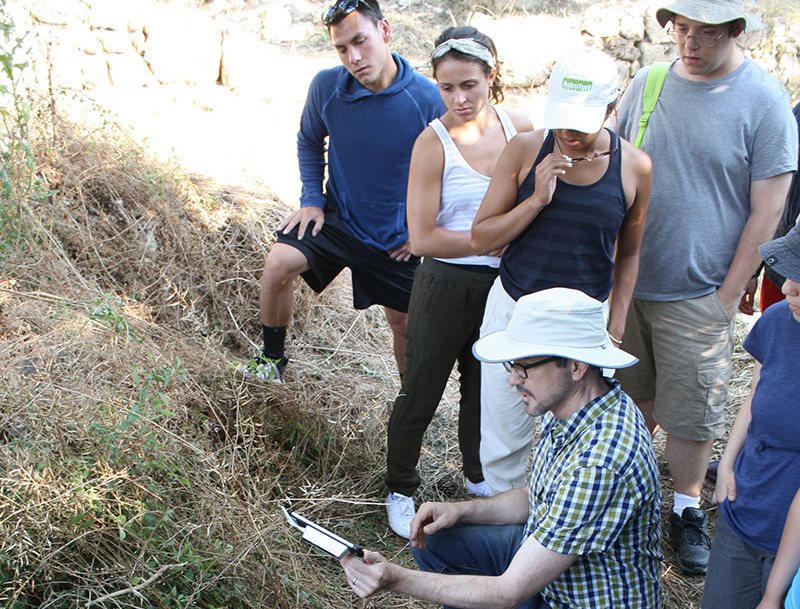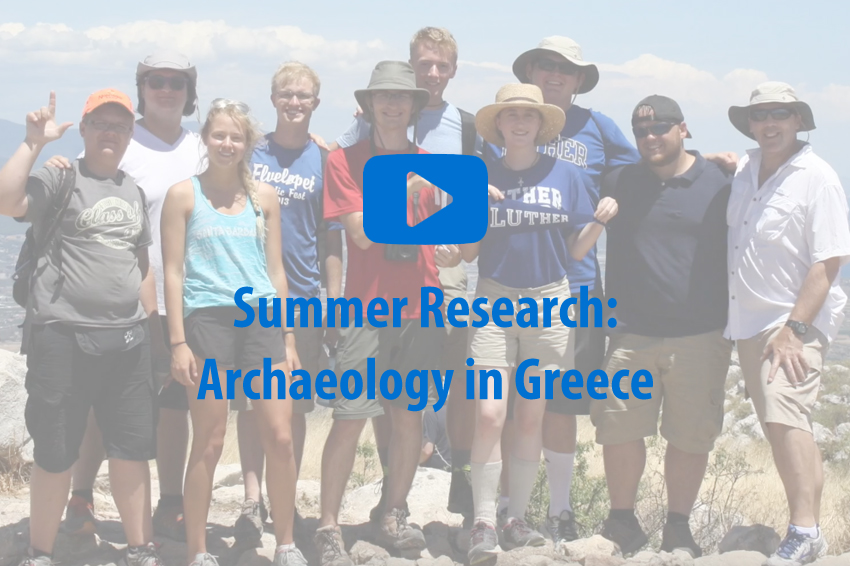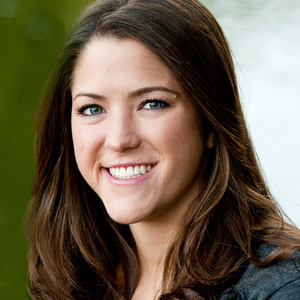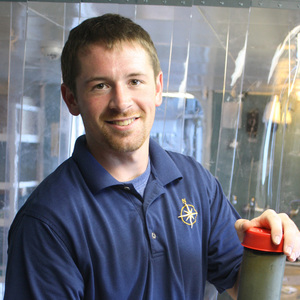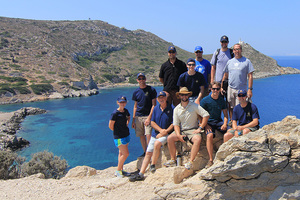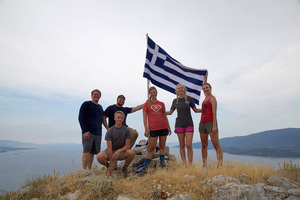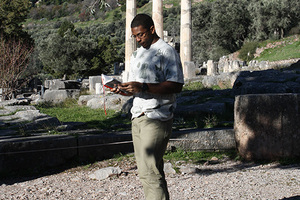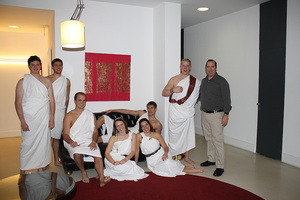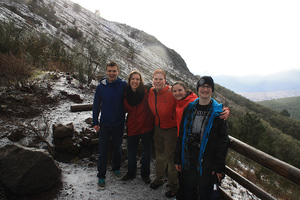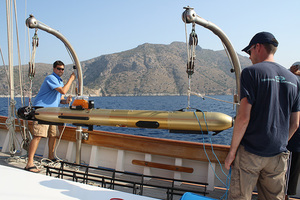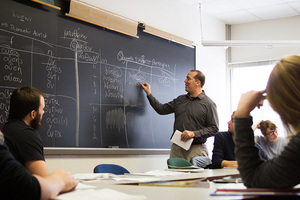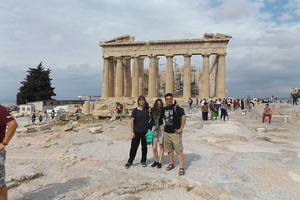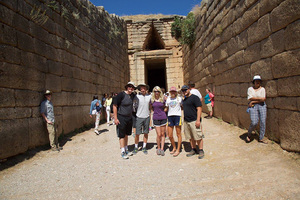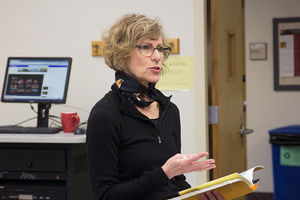An Iowa College in the Liberal Arts Tradition
Classical Studies
Illuminating the past to navigate the future.
Why Earn a Classical Studies Minor at Luther?
You’re curious, introspective, and ready for travel and adventure. We’ll help you explore that world through classroom and study abroad experiences designed to challenge you.
You’ll research alongside your professors. Whether you’re composing your first college essay, learning to translate Greek and Latin, writing a research paper, or wishing to see and study ancient Greece and Rome, our faculty are committed to helping you succeed.
Supplement your degree with a Classical Studies minor. Studies who minor in Classical Studies are just as skilled at reading Homer and Cicero or interpreting the archaeological ruins of Pompeii as they are at writing computer code and managing databases and geographic information systems.
-
With my experiences in Classics, Anthropology, and Chemistry, I assisted the survey team, assessed the cultural and historical aspects of shipwrecks, and assisted the lead scientist with geochemical research of the Black Sea’s stratified water column and the underlying sediments.
– Jeff Emerson '13
Jeff's Story
We'd love to meet you in person.
Visit Luther-
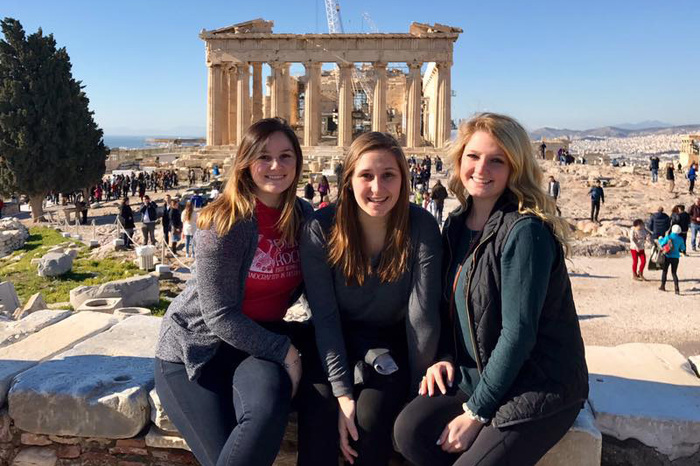
Study Abroad
Learn more about our January-term courses in Greece, Italy, and Turkey.
Join Us -
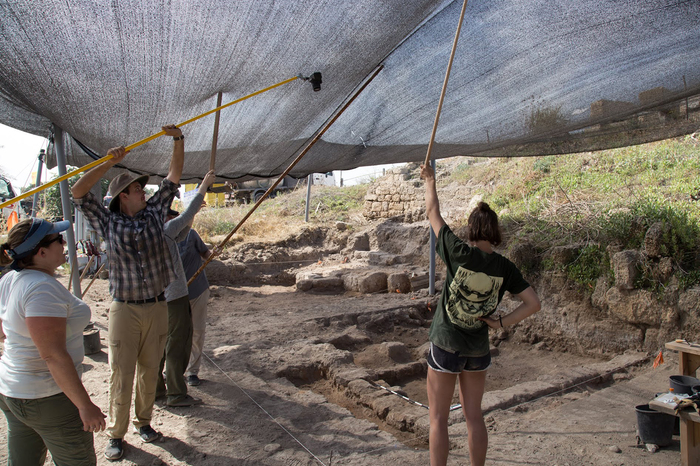
Research with Faculty
Our students work side by side with faculty on compelling research projects.
Learn More -
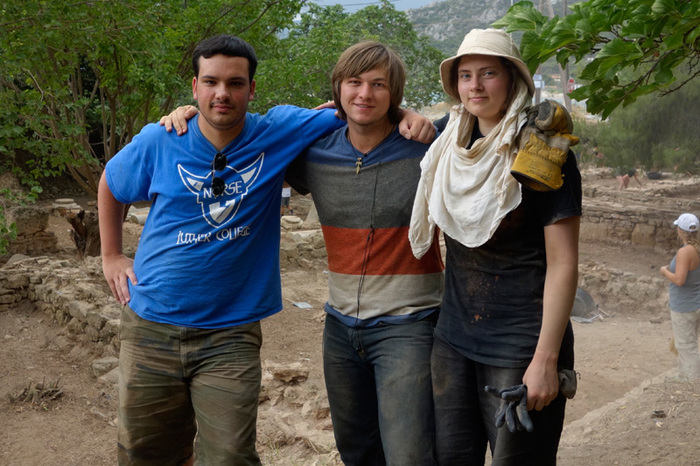
Alumni Careers
Our graduates have careers in library science, finance, information technology, the ministry, management, writing, editing, and law.
Explore Outcomes -
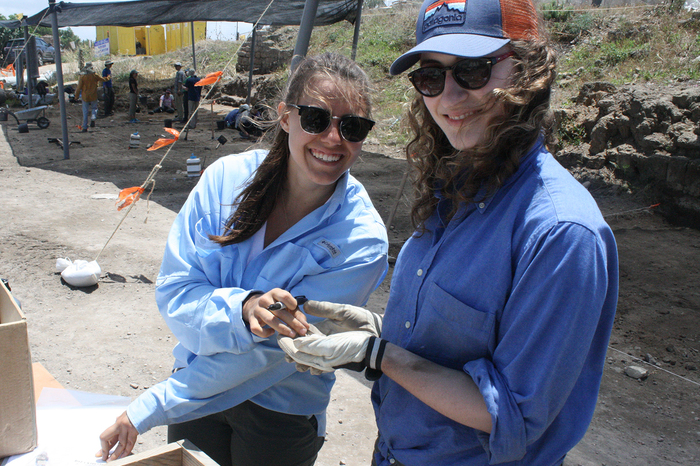
Summers in Israel
Experience life as an archaeologist on an actual field project.
Join us
-
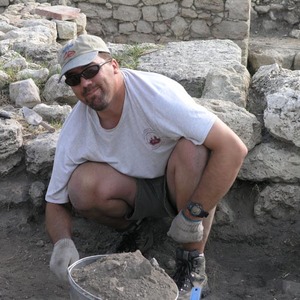
There’s an old joke in my field: ‘Archaeologists are always talking about the past, but they never do anything about it.’ Nothing could be further from the truth! I love showing students that exploring the past is valuable for what it can teach us today, and how to avoid future pitfalls.
– Dan Davis, Associate Professor of Classics
Going High-Tech in Greece
If you think archeological work is all kneeling in a trench, brushing ancient dust off potsherds, think again. As Dan Davis, Luther assistant professor of classics, points out, digging up artifacts is only about 10 percent of what an archeologist does.
Students from Luther and other colleges recently got their hands on the rest of the work during a field school in Greece, learning such skills as archeological drawing, site illustration, architectural and artifact photography, pottery cleaning, and ceramic analysis. Their accumulated work will eventually tell the story of Roman-era Kenchreai, the port of the great city of Corinth on the Aegean City.
